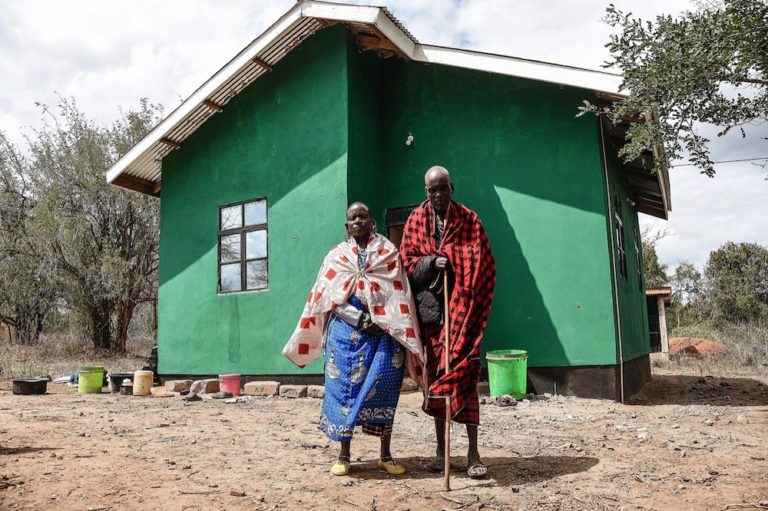(MISA/IFEX) – Tanzania’s Ministry of Education and Culture has banned a non-governmental organisation (NGO), HakiElimu, from undertaking and publishing studies regarding Tanzania’s education system. The ban became effective on September 8, 2005. According to a circular dated September 8, and sent to all government departments, HakiElimu’s executive director has been accused of “disparaging the image […]
(MISA/IFEX) – Tanzania’s Ministry of Education and Culture has banned a non-governmental organisation (NGO), HakiElimu, from undertaking and publishing studies regarding Tanzania’s education system. The ban became effective on September 8, 2005.
According to a circular dated September 8, and sent to all government departments, HakiElimu’s executive director has been accused of “disparaging the image of our education system and the teaching profession of our country through his media promotion of self-created caricatures masquerading as teachers and pupils and has repeatedly failed to conform with directives given to him by the Ministry of Education and Culture both in writing and verbally.”
“Thus due to the above mentioned reasons the Executive Director and his organization known as HakiElimu has been interdicted from undertaking and publishing articles or studies regarding Tanzania Schools, (pre-primary, primary, secondary both O’ Level and A’ Level and Teacher Education),” said the circular, which was made available to the Media Institute of Southern Africa (MISA) Tanzania.
“Zonal and District Chief Inspectors of Schools are directed to take stern measures against any school or college which does not adhere to these directives,” said the circular, signed by the chief education officer in the Ministry of Education and Culture, R.A. Mpama.
HakiElimu’s vision is to ensure every child in Tanzania is able to enjoy her or his right to basic education in schools that respect dignity, foster creativity and critical learning, and advance human rights and democracy. It seeks to achieve this vision by facilitating meaningful public participation in education governance.
HakiElimu feels that the ban goes against page 22 of the Primary Education Development Strategy (PEDP), which, among other things, calls for the participation of a broad range of actors to ensure the government provides a high quality education to all children in the country.
The document defines the responsibilities of NGOs and civil-society organizations to:
– participate effectively in planning, implementing and monitoring activities at all levels that support the PEDP and in the review process of the education sector, including the primary and non-formal education programmes.
– contribute their experience and knowledge, as well as human, financial, technical and material resources to the improvement and provision of primary education.
– share information and facilitate meaningful community participation in primary and non-formal education.
– effectively collect and communicate education information from and to schools, communities, government and other stakeholders and to conduct education policy analysis and advocacy.
HakiElimu further feels the ban is in contradiction with the National Poverty Reduction Strategy, which urges NGOs and civil-society organizations to “build local capacity and empower communities, participate in monitoring and evaluation at national and community level, mobilizing and enhancing community participation as well as community resources for poverty reduction.”


